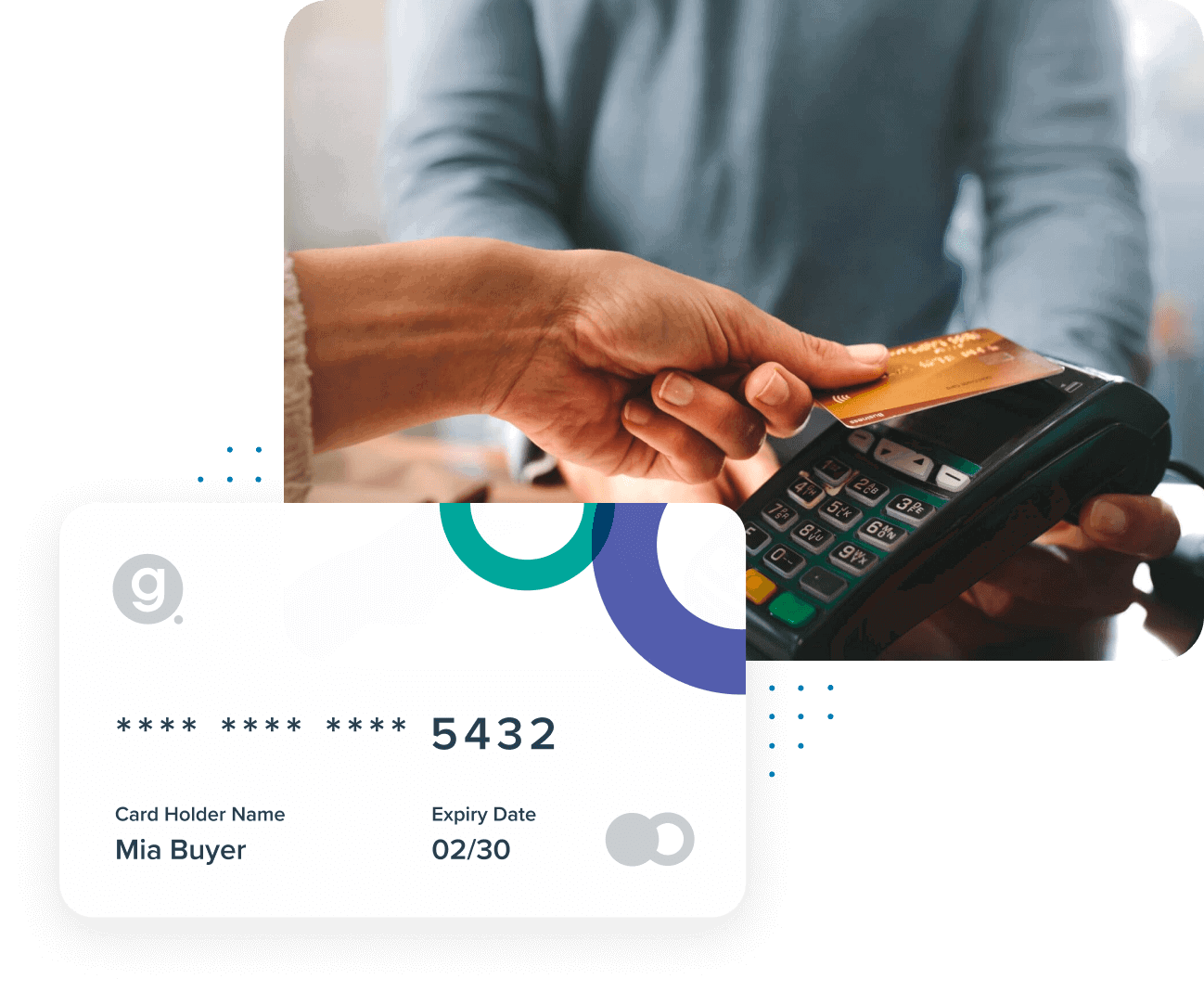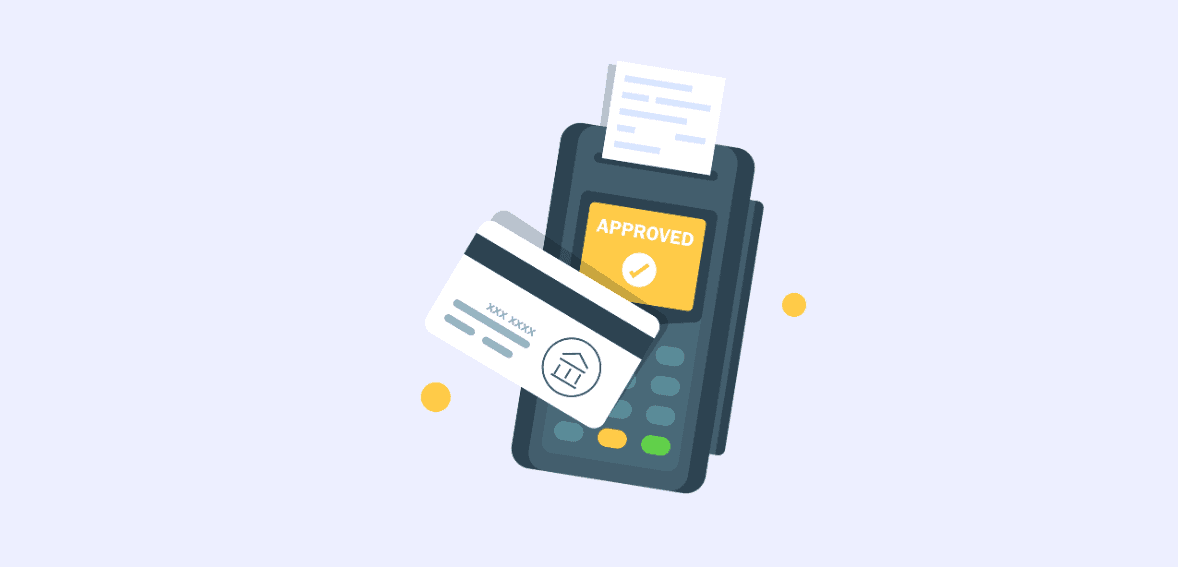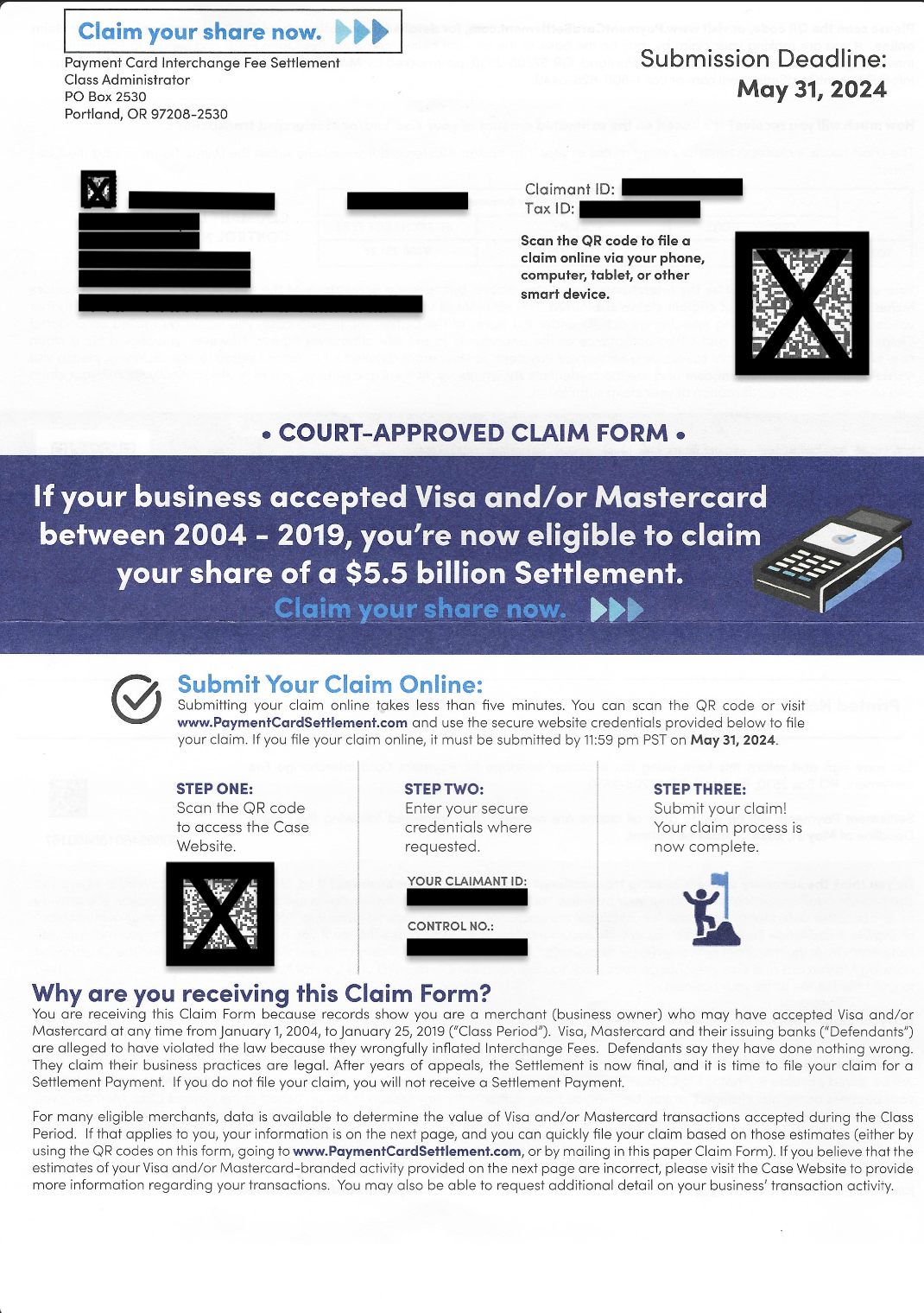The payment card interchange fee settlement is a crucial topic for businesses and consumers alike in the United States. Understanding how much you can expect to receive from these settlements, the mechanisms involved, and the platforms facilitating these transactions is essential. This comprehensive guide aims to provide you with insights into the world of interchange fees, their structure, and how they affect your finances.
What are Payment Card Interchange Fees?
Payment card interchange fees are the charges that merchants pay to banks for processing card transactions. These fees are typically a set percentage of the transaction amount plus a fixed fee. Interchange fees are central to the payment card industry, and they vary significantly by card type, transaction volume, and merchant category.
The Role of Interchange Fees in Transactions
Interchange fees serve multiple purposes:
- Compensating card-issuing banks for fraud protection and transaction processing.
- Facilitating the acceptance of card payments for merchants.
- Enabling rewards programs for consumers.

Understanding the Settlement Process
The settlement process for payment card interchange fees involves several steps:

1. Transaction Initiation
When a consumer makes a purchase using a payment card, the transaction is initiated at the point of sale (POS).
2. Authorization
The merchant’s bank contacts the cardholder’s bank to authorize the transaction. This is a critical step in ensuring that the card is valid and funds are available.

3. Clearing and Settlement
After authorization, the transaction details are transmitted for clearing. Settlement occurs when funds are transferred from the cardholder’s bank to the merchant’s account, minus the interchange fees.
How Much Will You Get from the Settlement?

The amount you receive from the interchange fee settlement depends on various factors:
- Type of card (credit, debit, rewards, etc.)
- Merchant category (retail, service, online, etc.)
- Transaction volume and frequency
- Your agreement with the payment processor

Typical Interchange Fee Rates
| Card Type | Interchange Fee Rate |
|---|---|
| Credit Card | 1.5% – 3.0% |
| Debit Card | 0.5% – 1.0% |
| Rewards Card | 1.8% – 3.5% |
| Business Card | 1.8% – 3.0% |

Factors Influencing Interchange Fees
1. Card Network Policies
Visa, MasterCard, and American Express have distinct interchange fee structures. Each network sets its rates, which can significantly affect the overall fees.

2. Merchant Category Codes (MCC)
Different types of businesses are assigned MCCs, which can influence interchange rates. For example, gas stations may have different rates compared to restaurants.
3. Payment Processor Agreements
Merchants often negotiate with payment processors, affecting the interchange fees they pay. Understanding these agreements can help businesses optimize their transaction costs.

Platforms and Technologies Involved in Payment Card Processing
Understanding the platforms and technologies that facilitate payment card processing can help you navigate the settlement landscape:
1. Payment Processors
Popular payment processors like Square, PayPal, and Stripe play a pivotal role in managing transactions. These platforms handle the complexities of payment processing, helping merchants streamline their operations.
2. Payment Gateways
A payment gateway is a service that authorizes credit card payments for e-commerce and traditional brick-and-mortar stores. Common gateways include Authorize.Net and Braintree.
Pros and Cons of Different Payment Processing Methods
| Method | Pros | Cons |
|---|---|---|
| Traditional Merchant Account | Lower transaction fees, customizable agreements | Complex setup, longer approval times |
| Payment Processors (e.g., Square, PayPal) | Easy setup, quick access to funds | Higher transaction fees, limited customization |
| Mobile Payment Solutions (e.g., Venmo, Cash App) | Convenient for users, instant transfers | Limited merchant support, transaction limits |
Tips for Maximizing Your Interchange Fee Settlements
To make the most of your interchange fee settlements, consider the following tips:
1. Understand Your Agreement
Know the terms and conditions of your payment processing agreement, as well as the interchange rates that apply to your transactions.
2. Choose the Right Payment Processor
Research various payment processors to find those that offer competitive rates and excellent service for your specific business needs.
3. Analyze Your Transaction Types
Regularly review your transaction mix to identify opportunities for reducing fees. For example, consider incentivizing customers to use debit cards over credit cards.
Frequently Asked Questions
What is the average interchange fee in the USA?
The average interchange fee varies by card type but generally ranges from 1.5% to 3% for credit cards.
How can I dispute an interchange fee?
To dispute an interchange fee, contact your payment processor and provide documentation supporting your claim, such as transaction receipts and agreements.
Are interchange fees the same for all merchants?
No, interchange fees can vary based on factors like merchant category, transaction volume, and the negotiated terms with payment processors.
Conclusion
Understanding payment card interchange fee settlements can significantly impact your business’s bottom line. By knowing how fees are structured and leveraging the right platforms and strategies, you can optimize your financial outcomes. As you navigate this complex landscape, remember to stay informed and make choices that align with your business goals.
References
For further reading, consider exploring these resources: